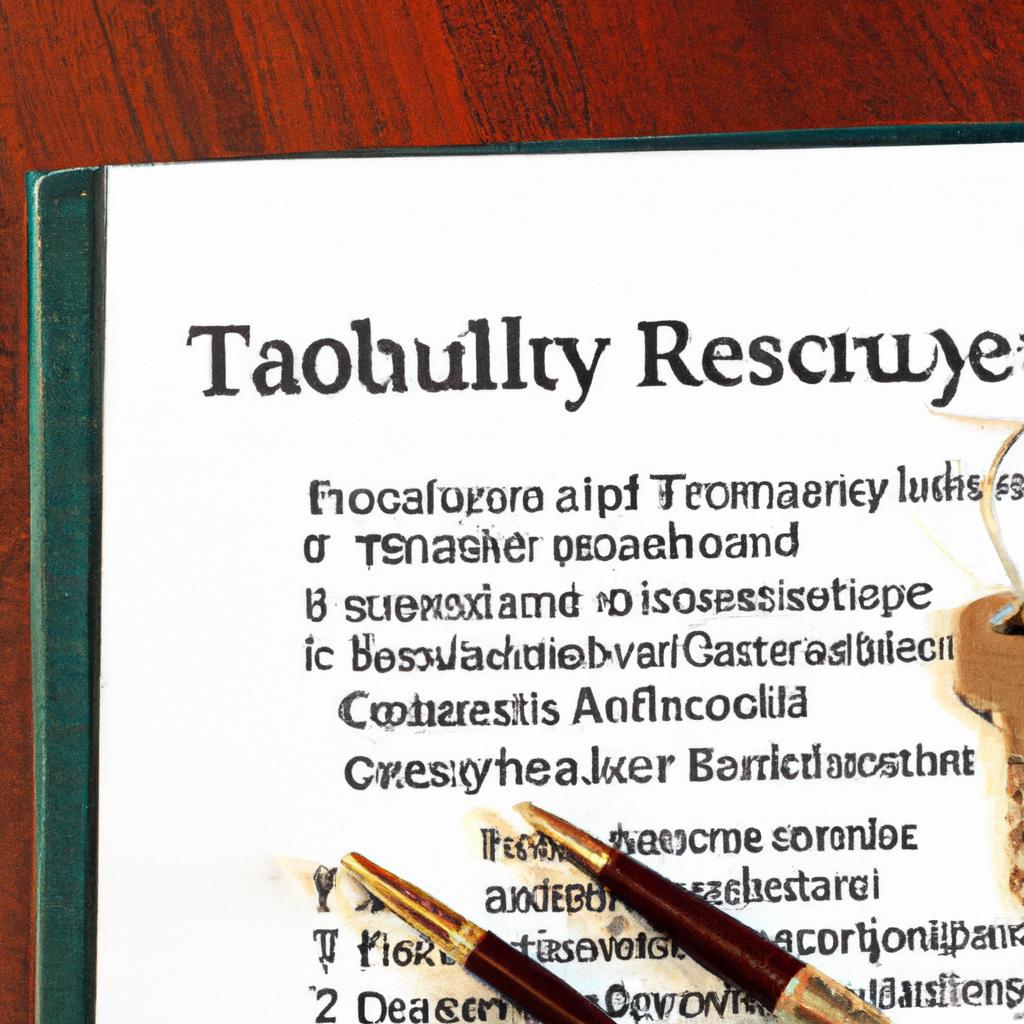In the complex realm of estate planning and asset management, the role of a fiduciary trustee stands as a steadfast pillar of trust and responsibility. Tasked with overseeing the administration and distribution of assets in accordance with the wishes of the grantor, a fiduciary trustee holds a sacred duty to act in the best interests of beneficiaries. At Morgan Legal Group in New York City, our team of seasoned professionals is well-versed in the intricate nuances of fiduciary trustee duties, providing clients with invaluable guidance and peace of mind in navigating the intricate landscape of estate planning and trust administration.
Understanding the role of a fiduciary trustee in estate planning
Fiduciary trustees play a crucial role in estate planning by overseeing and managing assets on behalf of beneficiaries. Their primary responsibility is to act in the best interests of the grantor, the person who establishes the trust, and to ensure that the wishes outlined in the trust document are carried out effectively. Having a fiduciary trustee provides a level of protection and ensures that the grantor’s wishes are upheld, even after their passing.
One key aspect of the fiduciary trustee’s role is to follow legal and ethical guidelines in managing and distributing assets. They must adhere to the highest standards of conduct and always prioritize the interests of the beneficiaries. Additionally, fiduciary trustees must maintain thorough records, communicate effectively with beneficiaries, and provide regular updates on the status of the trust. By entrusting a fiduciary trustee with your estate planning needs, you can have peace of mind knowing that your assets will be managed responsibly and in accordance with your wishes.

Key responsibilities and legal obligations of a fiduciary trustee
As a fiduciary trustee, you have a wide range of responsibilities and legal obligations that must be carried out with the utmost care and diligence. These duties include:
- Acting in the best interests of the beneficiaries: It is essential for fiduciary trustees to always prioritize the interests of the beneficiaries over their own. This includes managing the trust assets in a prudent manner and making decisions that are in the best interest of the beneficiaries.
- Keeping accurate records: Fiduciary trustees are required to keep detailed and accurate records of all trust transactions, including investments, distributions, and expenses. These records must be kept for a certain period of time and made available to beneficiaries upon request.
| Key Responsibilities | Legal Obligations |
|---|---|
| Acting in the best interests of the beneficiaries | Prudent management of trust assets |
| Keeping accurate records | Full transparency with beneficiaries |

Navigating potential conflicts of interest as a fiduciary trustee
As a fiduciary trustee, you are entrusted with the responsibility of managing assets and making decisions on behalf of another person or entity. This role requires a high level of integrity and impartiality to ensure that the interests of the beneficiary are always prioritized. However, navigating potential conflicts of interest can be a challenging aspect of being a fiduciary trustee.
When faced with a conflict of interest situation, it is important to:
- Disclose: Be transparent about any potential conflicts of interest that may arise.
- Seek Guidance: Consult with legal and financial experts to determine the best course of action.
- Act in the Best Interest: Always prioritize the welfare of the beneficiary above all else.

Best practices for selecting and working with a fiduciary trustee in trusts and estate matters
When it comes to selecting a fiduciary trustee for your trusts and estate matters, there are some key best practices to keep in mind. By following these guidelines, you can ensure that you are working with a trustee who will act in your best interests and fulfill their duties with integrity and diligence.
First and foremost, it is important to thoroughly research and vet potential trustees before making a selection. Look for individuals or institutions with a strong track record of experience and expertise in trust and estate matters. Consider meeting with prospective trustees in person to discuss your needs and expectations, and to get a sense of their communication style and approach to handling complex financial matters. Additionally, make sure to clearly outline the trustee’s responsibilities and duties in a detailed trust agreement, including any specific requirements or preferences you may have. By setting clear expectations from the outset, you can help ensure a smooth and successful working relationship with your fiduciary trustee.
Q&A
Q: What is a fiduciary trustee?
A: A fiduciary trustee is a person or entity entrusted with managing assets on behalf of another party, known as a beneficiary.
Q: How does a fiduciary trustee differ from a regular trustee?
A: A fiduciary trustee is held to a higher standard of care and loyalty, known as a fiduciary duty, when managing assets for the beneficiary. This means they must always act in the best interest of the beneficiary.
Q: What are some common examples of fiduciary trustees?
A: Common examples include financial advisors, estate planners, and trust companies who are appointed to manage investments, estate plans, and trusts on behalf of individuals or families.
Q: What are the responsibilities of a fiduciary trustee?
A: Responsibilities include managing assets prudently, providing regular updates to the beneficiary, keeping accurate records, avoiding conflicts of interest, and acting solely in the best interest of the beneficiary.
Q: How can one ensure they are choosing a trustworthy fiduciary trustee?
A: It is important to conduct thorough research, check for any certifications or licenses, ask for references, and meet with potential trustees in person to ensure they have the necessary expertise and integrity to fulfill their fiduciary duties.
In Summary
In conclusion, understanding the role of a fiduciary trustee is crucial for ensuring the proper management and protection of assets. By acting in the best interests of their beneficiaries, fiduciary trustees play a vital role in preserving wealth and ensuring financial security for future generations. Whether you are considering appointing a fiduciary trustee or are serving as one yourself, it is essential to uphold the highest standards of integrity and accountability in order to fulfill your duties effectively. Trustee duties may vary depending on the specific terms of a trust, but the overarching goal remains the same: to act with honesty, loyalty, and prudence in managing the assets entrusted to their care.

